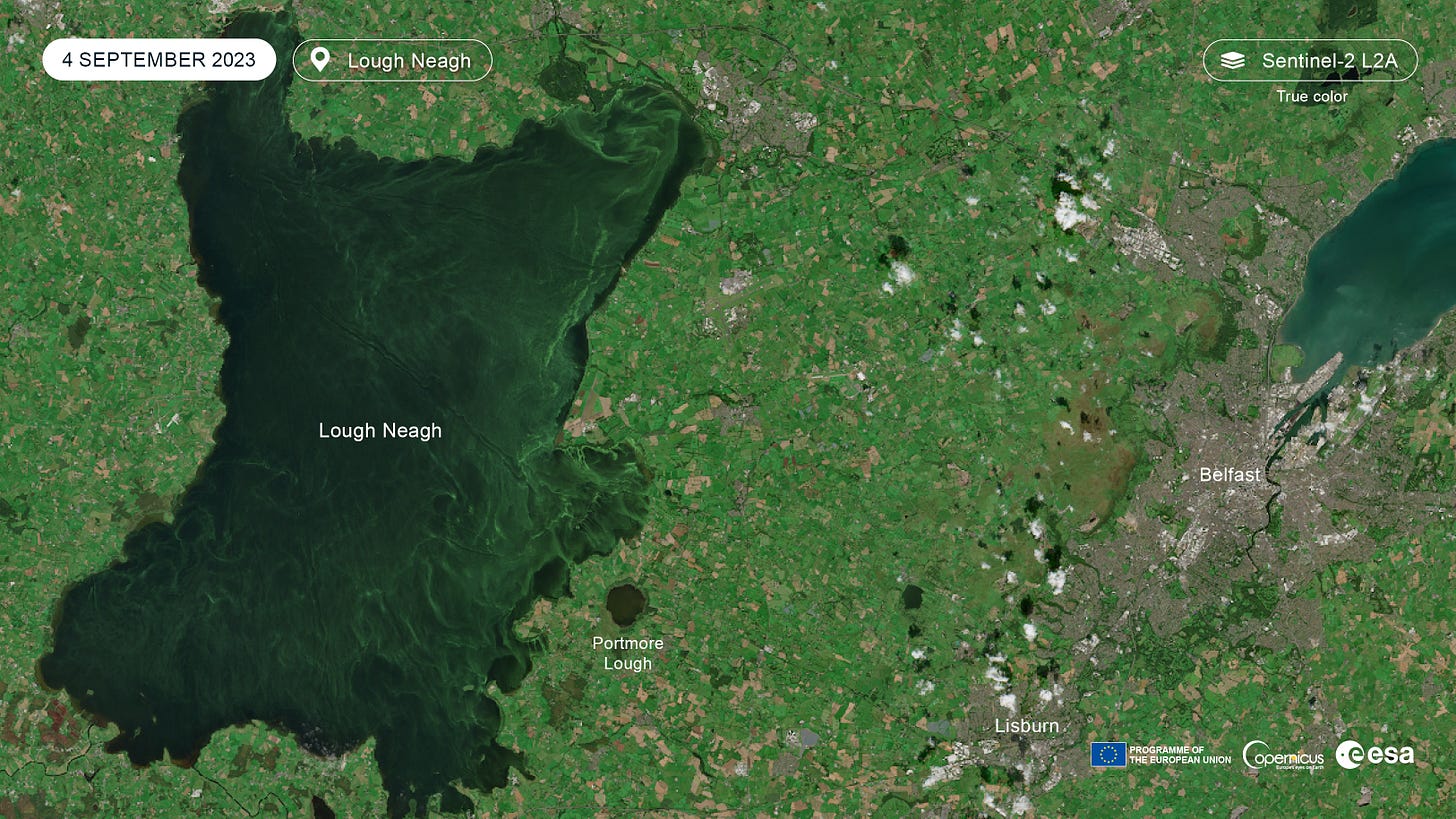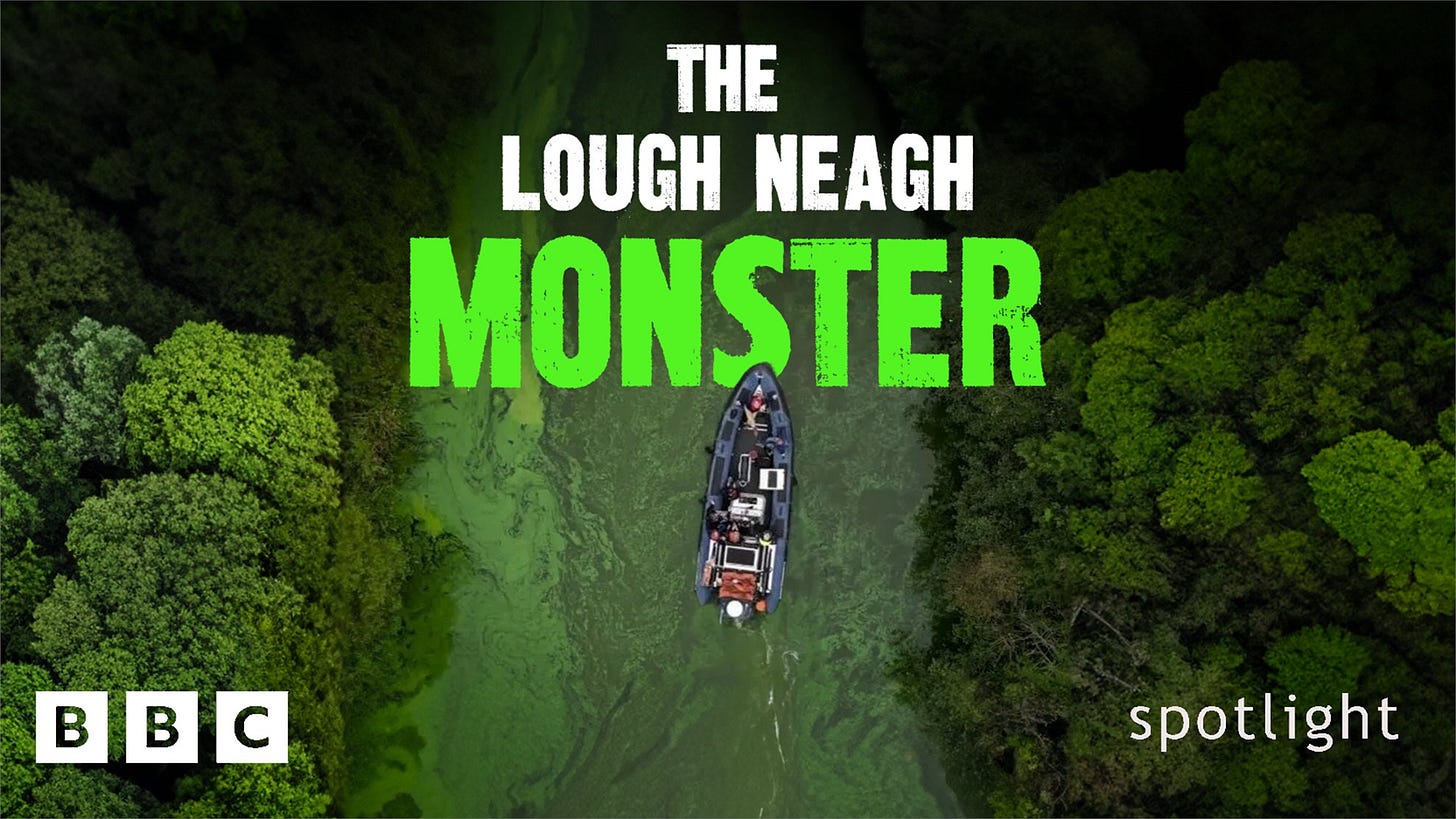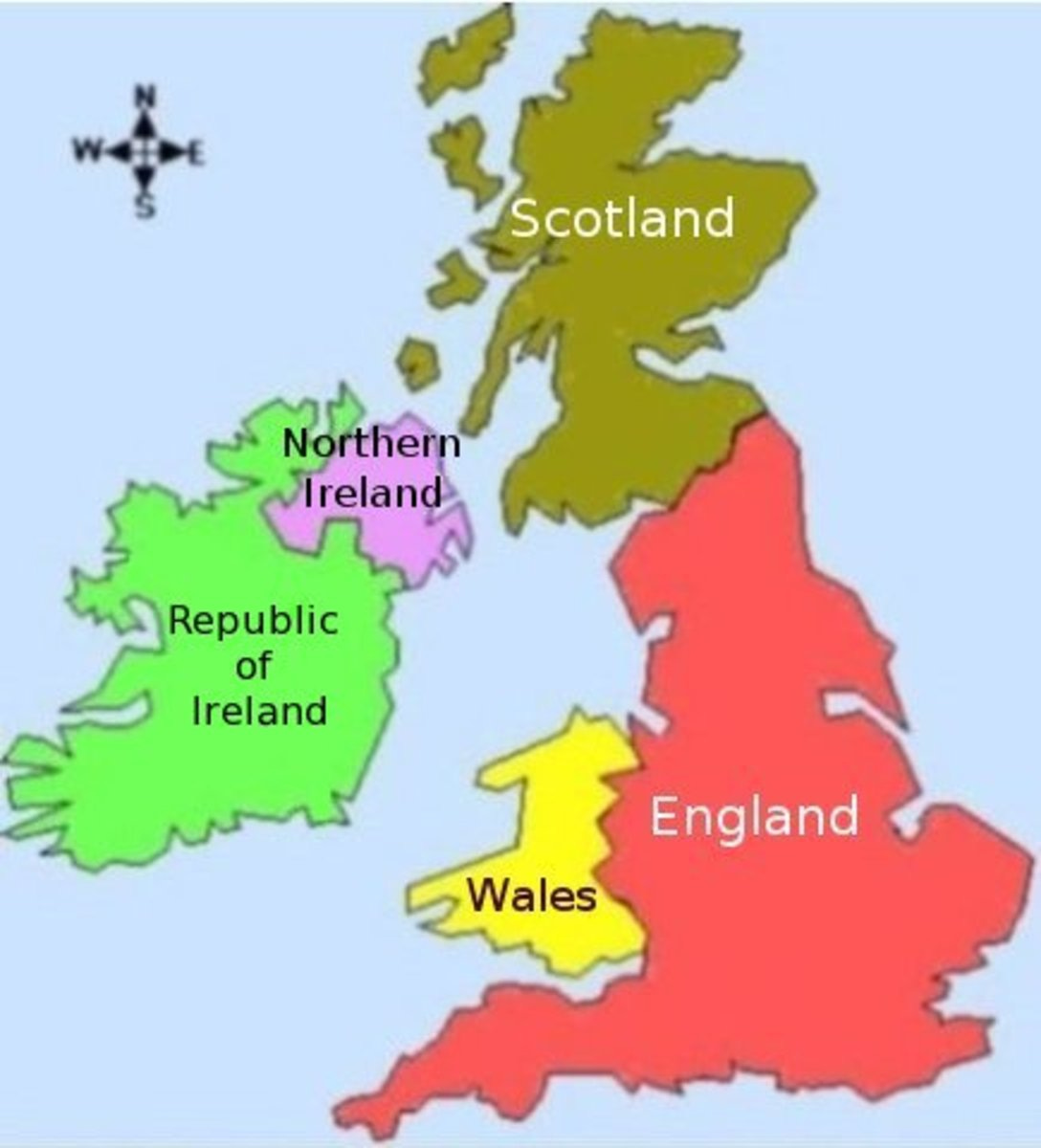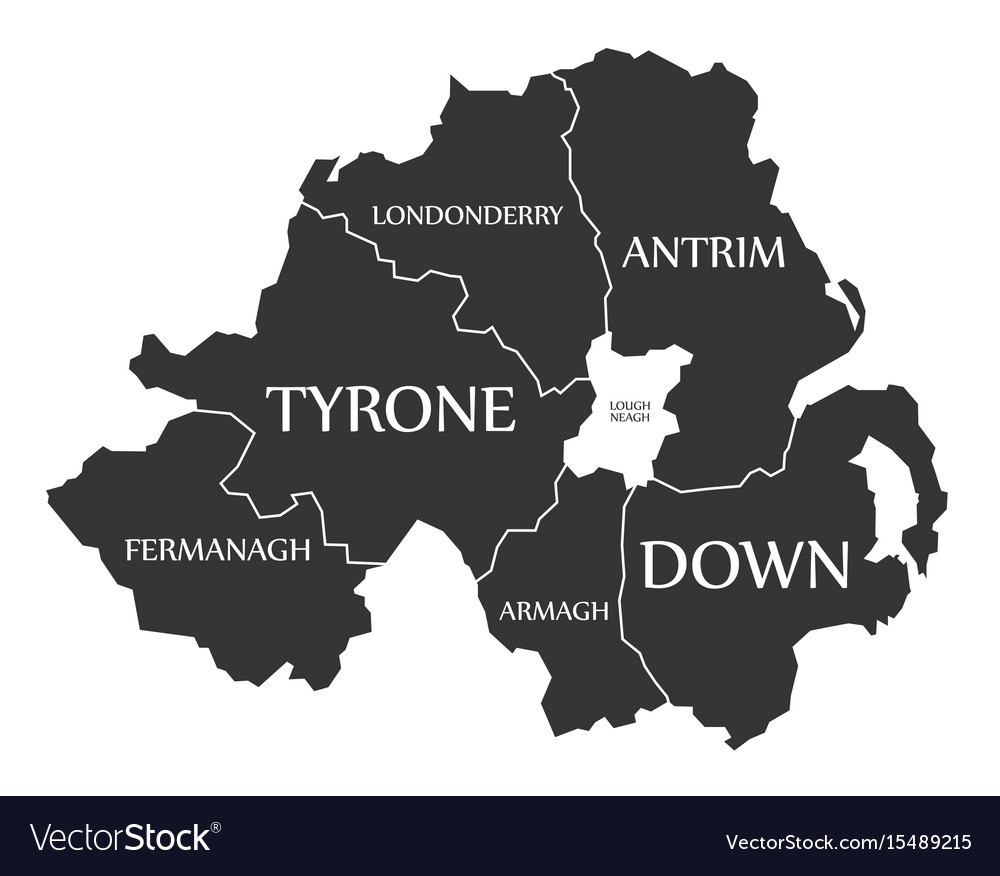I’ve had COVID for about a week. Remember Covid?
In the first few days I sequestered myself from family upstairs, ordered room service and gave glowing feedback, for which I was not always thanked. I did, however, enjoy untypically civilised end-of-the-day conversations with my sons, one at a time, from a safe distance. Then when I felt a little better I started walking down the street and entering shops wearing a mask, like the unwelcome ghost of Christmas past bearing the gift of pandemic nostalgia.
I have rested and slept more than usual, and I think I am fine now (*sniffs and coughs*). However, partly because I’m a type-one diabetic who needs to take extra care, and partly because I had to decide when I felt grim and before I knew how it would play out, I had to forgo my trip to speak about The flip, the formation, and the fun at The Pari Centre in Tuscany. The wonderfully understanding organisers have asked me to come online to introduce Perspectiva, explain why I have sent my wonderful colleague Ivo Mensch as an eleventh-hour super substitute, and why I asked him to share his new practices of spiritual innovation that help to ‘keep consciousness relevant’. Soon after arrival, Ivo sent me a 37-second video from the top of the medieval village.
Lucky bastard.
**
While I have been trying to rest, it hasn't been easy, because an issue has been brewing in my professional life. In one sense this issue has nothing to do with me, but I feel increasingly drawn into it, as if it’s a version of The H2minus Vortex in physical form. The issue is vast, dark and difficult, and not in Tuscany.
It’s called Lough Neagh in Northern Ireland.
***
Did Lough Neagh give me Covid? The quick answer is no, but hear me out.
I was part of an online meeting last week about Lough Neagh. There is more information about the Lough below, and the details of the call have to remain confidential, but what I can share is this: the issues surrounding the Lough are tragic and contested and complex and entangled, saturated with history and memory, awash with geopolitical struggle, hyperlocal allegiances, factionalism, corruption, ineptitude, collective action problems, colonialism, institutional failure, epistemic negligence, spiritual exhaustion, mistrust, and vexing power dynamics. It was all too much for a wee boy from Aberdeen to process. Afterwards, I fell asleep for two hours, and soon after waking up I tested positive for COVID.
Now, fear not, I do understand correlation doesn’t mean causation, and that we catch COVID from aerosols or fomites rather than Zoom calls. I probably got infected while on a crowded tube several days before in London. However, that’s not how it felt, and sometimes how it feels is how it is, at least for the person who feels it. And so I started writing this lament between coughs from my sick bed, projecting the injustice of the situation onto Lough Neagh. And that kind of projection and misinformation is somewhat fitting in the context.
The ‘Did Lough Neagh give me Covid?’ question is not entirely serious then, but it’s not merely a joke either. It reminds me of a question posed by a character played by Billy Connolly in the film The Man Who Sued God. The plot is that his insurers won’t pay for his boat being struck by lightning because it fell under the ‘Acts of God’ clause, so the character goes after the church as God’s representative on earth, and in the courtroom drama that ensues he asks a senior church figure: “Did God sink my boat?” It’s that kind of question - a serious joke with emotional reality, and there should be a name for it. Let’s call it a figurative question for now.
**
Earlier this week the BBC released a wonderfully crisp and focussed half-hour documentary about the Lough, presented with graceful authority by Patrick Fee. If you are in the UK you can watch it here and learn about the negligence and misfortune that has led the Lough to be in such bad ecological shape. The problem is mostly excessive phosphorous and nitrogen from industrial waste, and agricultural pollution (including animal waste), and poorly treated human sewage, alongside failures to enforce regulations. It would be an exaggeration to say the Lough is full of shit, but it’s increasingly true, and therefore very sad. These problems are compounded by climate change and an invasive species of zebra mussel (a species I didn’t know about when I wrote Chess for Zebras).
More on all that in a second, but let’s first ground ourselves in a few facts, figures and myths from a useful source:
Lough Neagh is the biggest Lough in the British Isles measuring over 300 square km’s. It contains over 800 billion gallons of water, enough to fill 7 million swimming pools.
Legend has it that Lough Neagh was created by the Irish Giant Finn McCool who scooped out the Lough basin to toss it at a Scottish rival that was fleeing Ulster by way of the Giants Causeway. The piece of land fell into the Irish Channel and formed the Isle of Man.
The name means the Lough of the horse-god Eochu. He was the lord of the underworld, who was supposed to exist beneath its waters. To this day fishermen can hear booming noises called water guns which are associated with whirlwinds on the surface of the water but others say it is the horse god galloping to the underworld.
How lovely.
I decided to select a really old map of the British and Irish Isles to put Lough Neagh in historical and geographical perspective. It’s slightly to the left of the middle of the image, and looks a bit like a pointing finger above ‘Armaugh’, set against a lime green background, pointing towards Strathclyde. I wish there was a Scottish loch (our spelling) on the map pointing right back at it.
While the geology is pretty stable, the political identity of these islands has been a moving feast for years, with the experience of nationhood fluctuating and the number of sovereign states changing over time, as indicated in the following charming seven-minute video.
In 2024, Great Britain is a kind of supra-nation comprised of three nations - England, Scotland, and Wales. Together we share the political entity known as The United Kingdom with Northern Ireland. Lough Neagh is right at the heart of what we now call Northern Ireland.
Northern Ireland is an essentially contested place, and it is sui generis, not exactly a nation and not exactly a state, but not exactly not a nation, and not exactly not a state. I am not sure there is an ‘official’ version of the status of the place, but I see it as a bi-national region of the UK on the island of Ireland, with some tailor-made state-like apparatus and special status in the EU (unlike the UK, which is, alas, now out of the EU). Ireland is a separate nation-state within the EU.
Please note that ‘The UK’ doesn’t mean United Kingdoms plural. The idea is not that different nation-states are united in a general sense, but rather that different nations remain differentiated but are united because they share a state. Forgive me, I’m a philosopher, but I sometimes feel the importance of these finer distinctions because I’m a Scottish Londoner.
In a top-of-the-class but slightly-out-of-focus nursery drawing style, it looks like this:
Zooming in, you can see how central Lough Neagh is to Northern Ireland, sitting at the intersection of five of its six jurisdictions, located like a beating heart:
**
While looking at that last map, and thinking of the problems of Lough Neagh, I was reminded of the film Moana, where nature essentially loses her heart, and Moana has to find it for her again. Those with a mythopoetic sensibility might see and enjoy the connection. In this clip, Moana finds Mother Nature in exile.
Lough Neagh is quite far from Hollywood, but the sense of having lost its way, and being estranged from its natural state is palpable when you hear people who know and love the Lough discuss it. They speak of the abundance of birds, of cold water swimming for mental health, of fishing (and not just for eels), of tourism, of marinas, and more generally of meaning and identity and life-giving vitality.
**
In all honesty, I had not heard of Lough Neagh until recently, which is surprising given that it is such a huge body of water bang in the middle of one of the four main constituent elements of the UK. Ireland has deep historical roots in British colonialism, settler activity, and Irish resistance, leading to a strange constitutional compromise in the Anglo-Irish Treaty of 1921 in which Britain left most of Ireland (which is largely catholic) but held on to most of the North (which was mostly protestant). This uneasy agreement buckled under the strain of its contradictions, compounded by economic pressure, and led to '‘the troubles’ which lasted from the late sixties until the late nineties and were in the news a lot while I was growing up. The troubles were a slow-burning civil war stemming from a fierce ‘us and them’ divide in Northern Ireland, beautifully depicted in the BBC series Once Upon a Time in Northern Ireland.
There is a peace story too though. I remember attending an Oxford Union event in 1998 just before the Good Friday Agreement, which helped end the troubles, was reached. I particularly remember a dark joke made by the stentorian figure of Ian Paisley, who (from memory) characterised the challenge of some parties in the conflict trying not to support paramilitary activity of various kinds when it was so widespread. He was quoting someone else, and the punchline was:
I do not say: shoot the man.
I do not say: do not shoot the man.
But I do say: if you do shoot, shoot straight.
During the Brexit debate but especially during negotiations, the issue of Northern Ireland became very salient for me and many others in the UK who hadn’t thought much about it for a while. The liminal (Both/And and Either/Or) status Northern Ireland enjoyed as a De Jure part of the UK politically and a De Facto part of Ireland economically worked well, mostly because nobody was obliged to choose one or the other as their nation culturally in a way that compounded polarisation. This arrangement was made much easier by both the UK and Ireland being part of the EU’s regulatory framework.
(It seems too simplistic, but I sometimes think that most Brexiteers looked at the map on the page and thought of leaving the EU only in terms of what is on the right of the UK, forgetting that Ireland is on the left. I think unconsciously many of them clocked Ireland as somehow part of their dominion. But, of course, it is not.)
The point of sharing all this is to establish that Northern Ireland is a very complex place with a stable but always somewhat fragile peace that few want to threaten, which is part of what makes it so hard to govern Lough Neagh effectively. A low level of criminality is tolerated because every arrest risks finger-pointing or retaliation. Regulation is weak because the very idea of ‘enforcement’ risks confrontation. Historical religious and political divisions mean that social trust is generally low. The policy emphasis on economic growth over the last few years has led to pollution becoming tolerated as an a kind of orphaned externality. The agricultural lobby is strong, and, though I don’t know the politics well, the ministers in the Stormont Assembly seem relatively ineffective.
**
Here’s why I think the issue might have given me Covid: it’s difficult on the heart and the mind, it really matters at a visceral level because it’s a microcosm (though not that micro) of so much that is going wrong in the world, and there are few easy options - it calls for quality work in all three horizons - managerial, entrepreneurial and visionary - though there is also a case for ‘not doing’, for just stopping the worst sources of harm, and leaving nature alone to recover. And there’s a personal dimension too.
Two main things about Lough Neagh are shocking, they are very different in kind, and while they appear related, they are not.
The first shock is that the Lough, which is so huge and such an important ecological, social, economic and cultural feature of Northern Ireland, is in such a terrible state, and ecologically depleted. For many this sense of neglect and destruction and delusion is a source of deep despair and festering anger. The predicament is sad and tragic and it increasingly haunts the place, and by extension all of Northern Ireland, and all those fighting for a viable ecological future.
The second shock arises when you ask who owns the Lough. One might assume this vast expanse of nature is a public good, owned by the people and administered through the government. While that is true of the water, the bed and soil of the Lough is owned by The 12th Earl of Shaftesbury, Nick Ashley Cooper. This is my connection to the place, because I know Nick, and we are co-founders of The Realisation Festival (which still has a few tickets left for later this month!).
Inheritance happens and is often surprising. In Nick’s case, it was particularly surprising, and tragic, because his father was murdered and his older brother died young soon after. Nick was a DJ in New York who suddenly had to grow into the responsibility of managing a large estate, much of which was in ruins. I do find it rather bizarre that an English Aristocrat owns (through his company) the entirety of the bed and soil of Lough Neagh, not least because this dates back to morally questionable actions by a certain Baron Chichester back in the (*checks note*) early seventeenth century, followed by some demographic changes and a few marriages, including one into the Shaftesbury family. History happens too though, and Nick became part of it when he inherited the bed and soil of Lough Neagh as part of the Shaftesbury Estate in 2005.
It’s important to note that Nick does not own the water or nearby land, which seriously limits any agency to address the problems of pollution. Moreover, he is not in any way stopping the Northern Ireland government from fixing these problems. In light of what amounts to a (distant) origin story of colonial plunder, many people say “give it back”.
I don’t speak for Nick, but I believe he has mixed feelings about that idea. There is no “back” as such, the Northern Ireland government has not shown itself to be able to look after the Lough (and not because it doesn’t own the bed and soil), in a public inquiry it was advised not to take the Lough into public ownership, and Nick has been consistently attacked and scapegoated for the problems of the Lough, even though there is nothing he can do about most of them, so he feels disinclined to abandon his sense of stewardship to what often feels like bullying. There is a possibility of community ownership, but as indicated above the idea of ‘community’ is particularly complex in Northern Ireland in general, and even more complex when you consider the number of communities that come into contact with the Lough. Lough Neagh is nothing like The Isle of Eigg, a model of a community taking ownership, but on a much smaller scale.
Once again, correlation does not mean causation. For those coming to the issue for the first time, it looks like ‘the owner’ has neglected the Lough and profits from ecological degradation. This is not the case, however.
There is more to say, particularly on the intricacies and controversies relating to sand dredging, which is a legal and licensed activity on one designated part of the Lough, covering about 1% of the surface area that passed environmental checks and provides concrete for the construction industry, but may cause forms of ecological harm nonetheless.
I am out of steam to do the issue justice here. I don’t know the ecological truth of the matter, but my intuition and political bias are with those who would prefer that sand extraction wasn’t happening. It doesn’t look good, because it contributes to the impression that a beautiful and protected area of natural habitat is being industrialised. Whatever the harm to the biosphere - the kind of life and vitality it has, that impression of industrialisation alone suggests sand dredging harms the Lough’s semiosphere - what it signifies and means. A literary parallel would be Sauraman industrialising The Shire in The Lord of the Rings, but the scale is very different, and I am not saying Nick is a dark wizard! For one thing, Nick cannot immediately stop it, and neither could a new owner of the Lough’s soil. So, again, it’s complex.
There is an excellent radio summary of the Lough’s situation by Newton Emerson of the Irish Times. I can reccomend that as a good way in to a darkly fascinating issue. For my part, as an outsider who came to the issue recently, I hope I have shared enough to show why the Lough is perhaps even a prismatic wicked problem, and could even be considered a geolocation of the metacrisis due to, for instance, the combination of the need for better perception and understanding, the challenge of ecological restoration in the context of governance failure and an outdated economic logic, noticing how the past constrains the future, the power of vested interests, the reality and risk inherent in dealing with low level-criminality and corruption, the challenge of democratic mobilisation, and the spiritual questions underlying it all.
If I ever write about Lough Neagh again (and I may not because I don’t want to get COVID…) I would write about the following ideas and how they apply to the Lough.
Scapegoating. How do we get beyond reducing complex problems to simplistic causes and false solutions? What happens when you realise blame is the wrong place to start?
The future of ownership. What does it mean to own something and what is the optimal relationship between ownership and collective agency? What follows for who sets the agenda in complex situations? In what ways does the ownership question matter for the future of the Lough, and in what ways does it not matter?
After Neoliberalism. Neoliberalism is sometimes called “The disenchantment of politics by economics”. Some argue the Lough has been disenchanted by the political economy of Northern Ireland of recent years, particularly an over-emphasis on growth at all costs and a failure to price-in externalities. What kind of alternative political economy grows from a deep understanding of the Lough?
Ecology as a form of perception. What can the Lough teach us about ecological understanding, including social and political ecology?
Water and Wellbeing. Beyond mere biology, what is the relationship between the health of water and the health of people? How might a shared investment in water help to rebuild social trust?
Bioregional Governance. In what ways does the Lough challenge our ideas about the scale of political institutions? What follows for governance if we see Lough Neagh as a Bioregion as part of a Bioregional Earth requiring planetary governance, and not just as a large lake in one country?
Hospicing Modernity. In what ways does Modernity obscure how the Lough is understood? And how might we let go of the constitutive ideas of modernity - like progress, individualism, utility, reason, nation-states, growth, extraction, colonialism - that preclude us from seeing it differently?
What is the meaning of the Lough? What might it look like for almost two million people to reestablish a sacred relationship with the ecological heart of their part of the world? What does the Lough want? Can we make sense of that question as a basis for action?
That’s all for another time.
I just tested negative, and am about to get ready to speak to the conference in Pari. What a week…
Slán go fóill,
Jonathan.
***The Joyous Struggle is a reader-supported publication. To receive new posts and support my work, consider becoming a free or paid subscriber.***









I am aware that my comment is quite beyond the main point of this article (the complexities of land management in highly contested cultural ground). I simply want to say that I recognise what you are saying regarding getting COVID after that meeting. I had a similar experience 2 years ago. I support your “correlation” and could provide an intelligible frame to it but this is not the right medium to do so. Enough to say: our immune system is indeed part of another very complex system, the human composite itself. Like amphibious creatures we too live in different environments and toxicity unfortunately doesn’t simply happen in physical grounds. Ecology 5.0 takes complexity and interrelatedness more to the core, from the subtle to the crass. Thanks for sharing.
Jonathan, I thoroughly enjoyed your observations on the Lough Neagh narratives and agree absolutely that we are host to a microcosm of the metacrises: and for that reason, I believe the issues are potentially generative for an entirely novel set of conversations , understandings and approaches to the future guardianship of and care for the Lough. Your challenge to the ridiculous scapegoating of Nick has support from an unlikely source: the former MP and civil rights legend, Bernadette McAliskey (nee Devlin) has also called out the scapegoating of Nick in one of NI's daily newspapers, The Irish News.